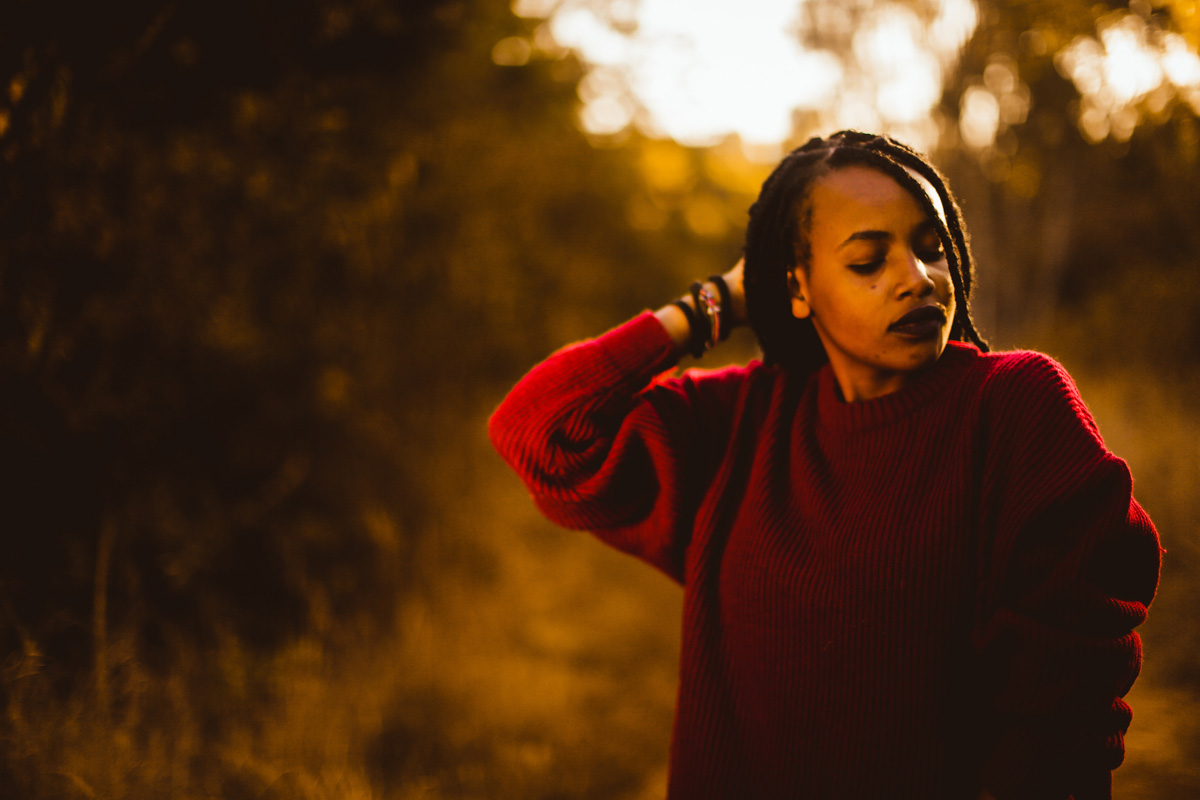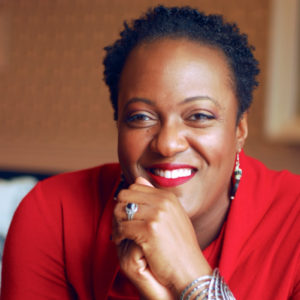“Run for your life!”
It was the catchphrase uttered in just about every horror movie from the late ’80s through my high school years. At some point in the movie, the obvious victims would wander aimlessly into a clear and present danger. My friends and I would stare at the screen in utter disbelief, yelling at the clueless characters while clutching each other, hoping desperately that they would see the error of their ways and run like hell back to a place of good common sense.
At the end of the movie, we’d joke about commonalities in all of these films: White women were almost always counted among the victims, the threat was almost always slow-moving, and the victim always fell and seemed unable to get up. Everyone in the movie seemed to be in the dark, both literally and figuratively, about the danger. The story always seemed to repeat itself. I laughed that we knew the ending within the first five minutes of the movie; we knew who would die and who would live to fight another day. I shook my head at the ignorance of the victims. Would they ever learn?
Real-Life American Horror Story
On Sept. 29, 2020, we watched a trailer for the real-life horror film many Americans are living, and it was shown to us in the form of the first presidential debate. Think about it. We’re in the midst of a pandemic made worse by the impacts of environmental injustices on marginalized communities, extreme weather exacerbated by the effects of climate change, and years of structural racism uncovered day after day.
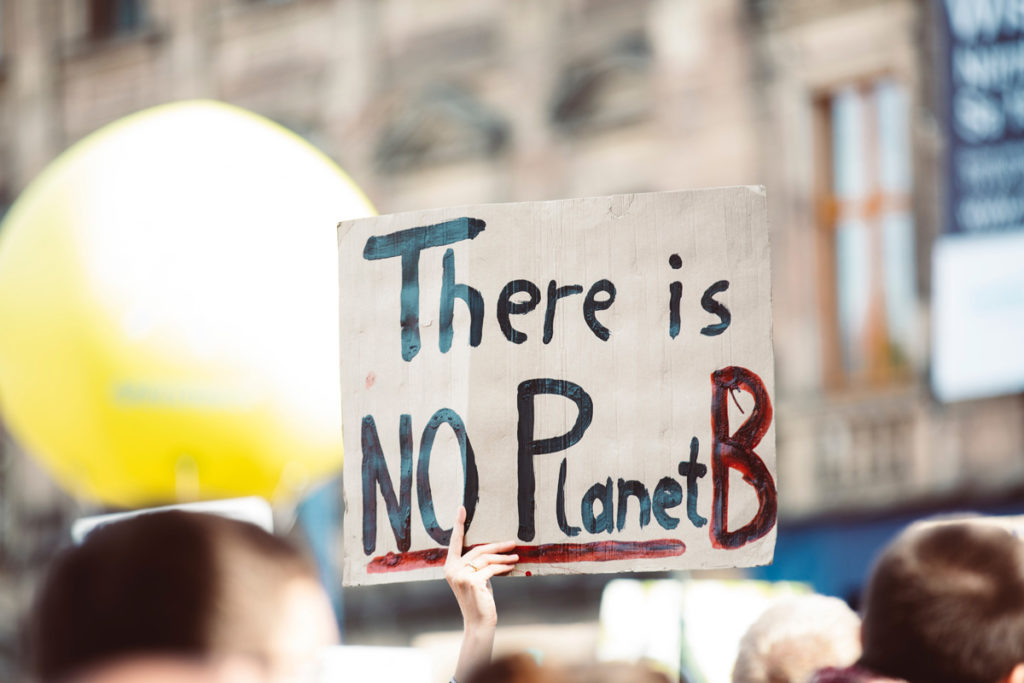
Study after study has shown that Black and Brown people are strained the most by climate change. The very people the threats of climate change most impact are the same people most likely to vote for climate pollution control policy, but are being suppressed in their access to the polls. If we as an American people don’t recognize the real threat of a climate crisis combined with systemic oppression, we’re all in for a really bad ending. Instead of “run,” this is “vote” for your climate lives.
Watching the debates immediately made me think: “Who’s listening to this? Who is making a decision based on this conversation? Who thinks Trump and Pence are right?” My mind quickly went to the terror of November 2016.
In 2016, only 45% of white women voted for Hillary Clinton, versus 98% of Black women.
Despite having held public office, being the arguably the most qualified candidate, and certainly the one who didn’t molest or illicit open sexual violence toward women, white women were still split on casting their vote with the one person more likely to support climate policy and equity.
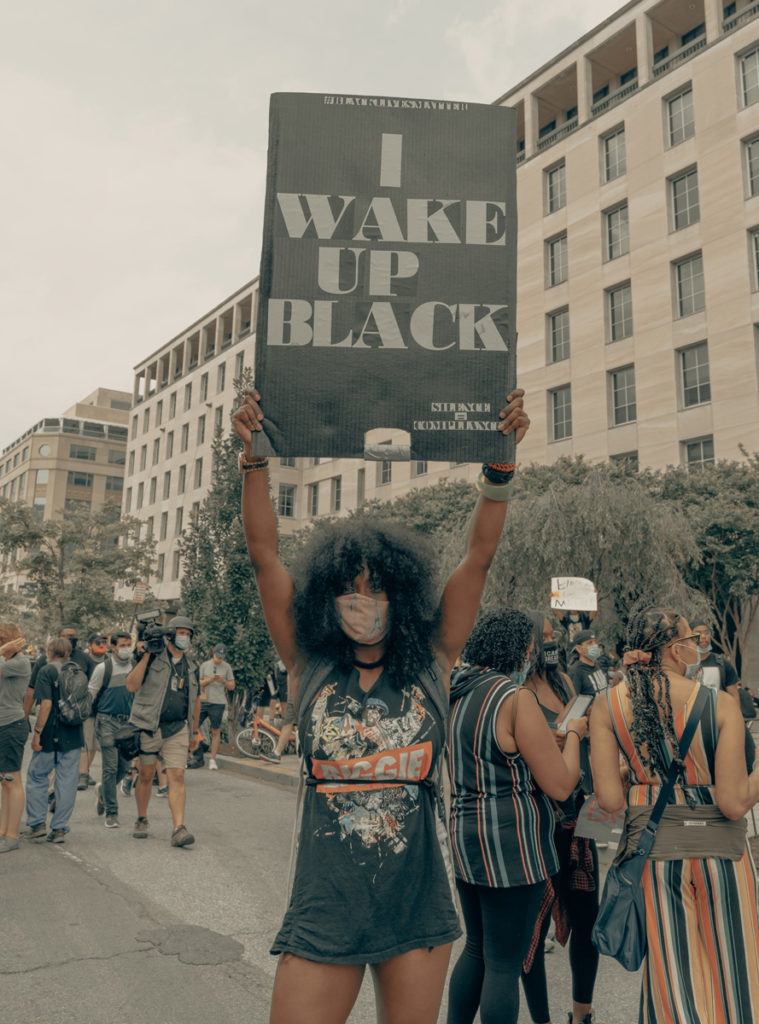
Black women were unequivocally unified.
It was just like the moment in the horror movie when we yelled at the screen, “WHY WHITE WOMEN! WHAT IS YOU DOING?” I felt like we watched you walk through the deadly forest knowing full well that the boogie man would jump out. We told you where the boogeyman was and you heard the buzz of his knives and saws. In spite of it all, you walked into the nightmare willingly. Now, we’re here—yet again—and the signs are plain and clear.
Do You Believe in the Science of Climate Change?
Climate change got a shocking total of 11 minutes of discussion for the first debate. No one expected it, and debate moderator Chris Wallace didn’t list it as one of the topics to be covered. After listening to countless minutes of toddler-like bickering, I heard it: “What do you believe about the science of climate change, sir? Do you believe that human pollution, greenhouse gas emissions, contribute to climate change?”
It was the unexpected plot twist in the horror show: Had we screamed and shouted loud enough that climate change was finally being received and respected for the crisis it really is? I was stunned but glued to the screen for more.
Reality quickly set in as the world heard the president of the United States insinuate that forest management (aka raking the forest floor) would be the single most effective prevention of global warming. He claimed that he wanted “immaculate air and water,” but refused to address the more than 100 rollbacks to Environmental Protection Agency (EPA) regulations that will ultimately increase the pollution we experience, particularly in Black and brown communities. According to Trump, the Paris Climate Accord was bad for business, and relaxing the fuel economy standard was just a “tiny bit” of an impact.
Despite Trump’s efforts to disregard and banter Democratic nominee Joe Biden, at least Biden had a plan. He came ready to talk about how we fix our climate crisis and create jobs. The entire exchange was that familiar scene in the horror film: Someone with the plan of escape is punted down by the idiot that thinks nothing is wrong.
The vice presidential debate was its own show in and of itself, complete with guest appearances by an insect reminiscent of the terrifying scenes from Jeff Goldblum’s 1986 horror thriller, “The Fly.” Who among us didn’t recognize the feeble attempts of bullying that Mike Pence used to overspeak Sen. Kamala Harris? Bless his heart: he tried it. But even his mansplaining and privilege couldn’t negate the fact that she spoke about investing in renewable energy and creating jobs through emissions reduction.
On the other hand, he refused to acknowledge climate change as an existential threat and had the audacity to claim that we were experiencing the same number of hurricanes that we did 100 years ago … on the eve of Hurricane Delta hitting the Southern United States. I wanted to scream as loudly as I did at those horror films: WE’VE RUN OUT OF NAMES, MIKE. Run out of names for the hurricanes. Don’t you think this just might be a bit more intense?
In Women We Trust
One thing is for sure. This time, we’re not taking any chances.
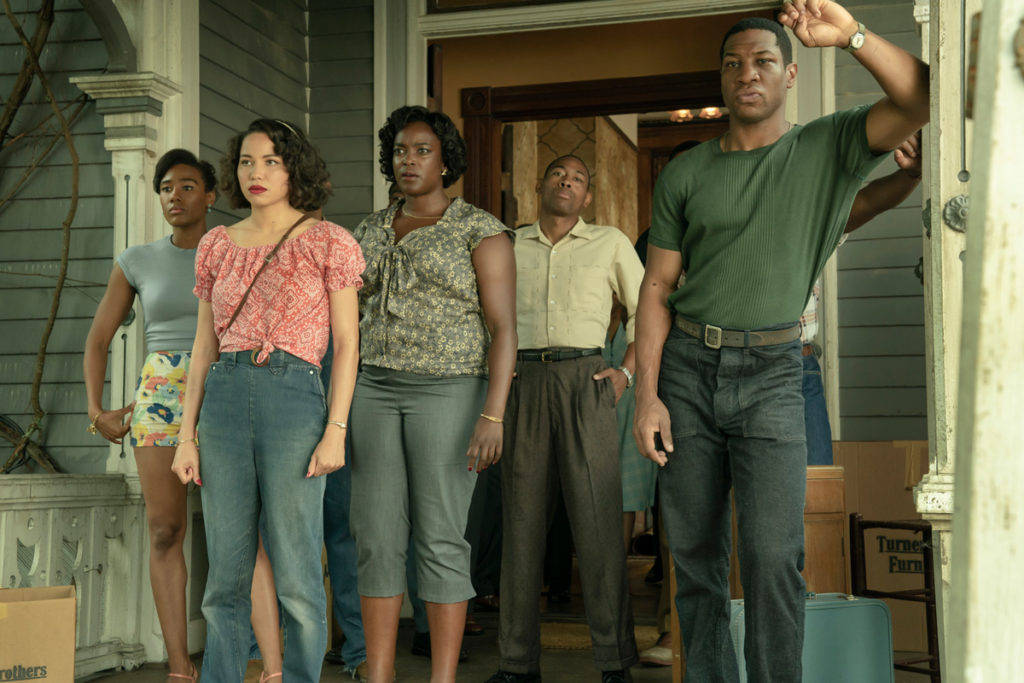
The past three-and-a-half years have seen more women of color stepping up, running for office, leading movements, and getting prepared to turn out the vote like never before. The Time 100 list of most influential people for 2020 has more women than ever. I’m even more hopeful at the polling. The Democratic nominee is consistently leading by around 14 points among women and 7 points by white suburban women, depending on the poll.
I see Facebook groups like “suburban women for Harris with over 200,000 active members.” I see Tik Tok videos of white, suburban, climate moms waging and winning savage sign wars with their less-than-liberal neighbors. We’ve stepped into the 21st century, folks. We will not settle for the same old “Friday the 13th” or “I Know What You Did Last Summer” ending.
This is LoveCraft Country—Leti, Ruby and Hippolyta fierceness. We’re not letting you walk into that forest. We’re blocking the path while leading the way and expecting you to vote for all of our lives.
This piece was published in cooperation with DAME, an independent, women-led and women–edited publisher that provides critical context around the political, cultural and societal issues of our time.
This MFP Voices essay does not necessarily represent the views of the Mississippi Free Press, its staff or board members. To submit an essay for the MFP Voices section, send up to 1,200 words and factcheck information to donna@mississippifreepress.com. We welcome a wide variety of viewpoints.

